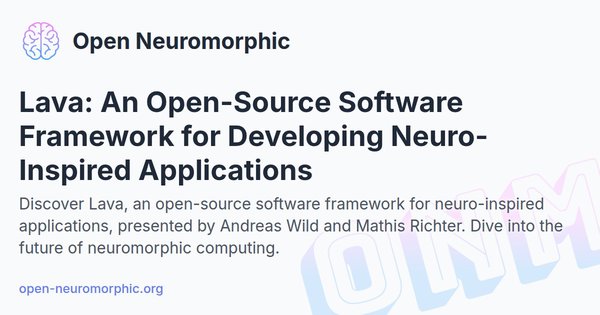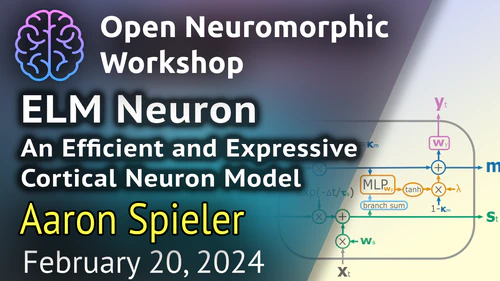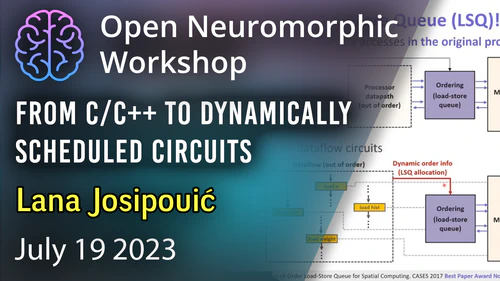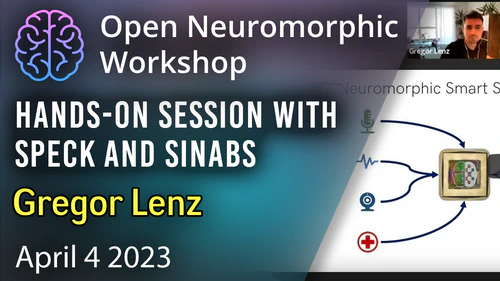
Upcoming Workshops
No workshops are currently scheduled. Check back soon for new events!
Are you an expert in a neuromorphic topic? We invite you to share your knowledge with our community. Hosting a workshop is a great way to engage with peers and share your work.

About the Speaker
Andreas Wild received the Dr. rer. nat degree in physics with a focus on the development of silicon-based electron spin qubits from the Technical University of Munich, Germany, in 2013. After joining Intel in 2013, he has been a Senior Researcher with the Intel Neuromorphic Computing Lab since 2015 where he leads algorithm research.
Mathis Richter is a Research Scientist in the Neuromorphic Computing Lab at Intel Labs, where he leads the Application Software team, developing commercial software solutions based on neuromorphic technology. Before joining Intel in 2021, he worked as a post doc and PhD student on neural process models of higher cognition at the Institute for Neural Computation, Ruhr-University Bochum.
Inspired? Share your work.
Share your expertise with the community by speaking at a workshop, student talk, or hacking hour. It’s a great way to get feedback and help others learn.


